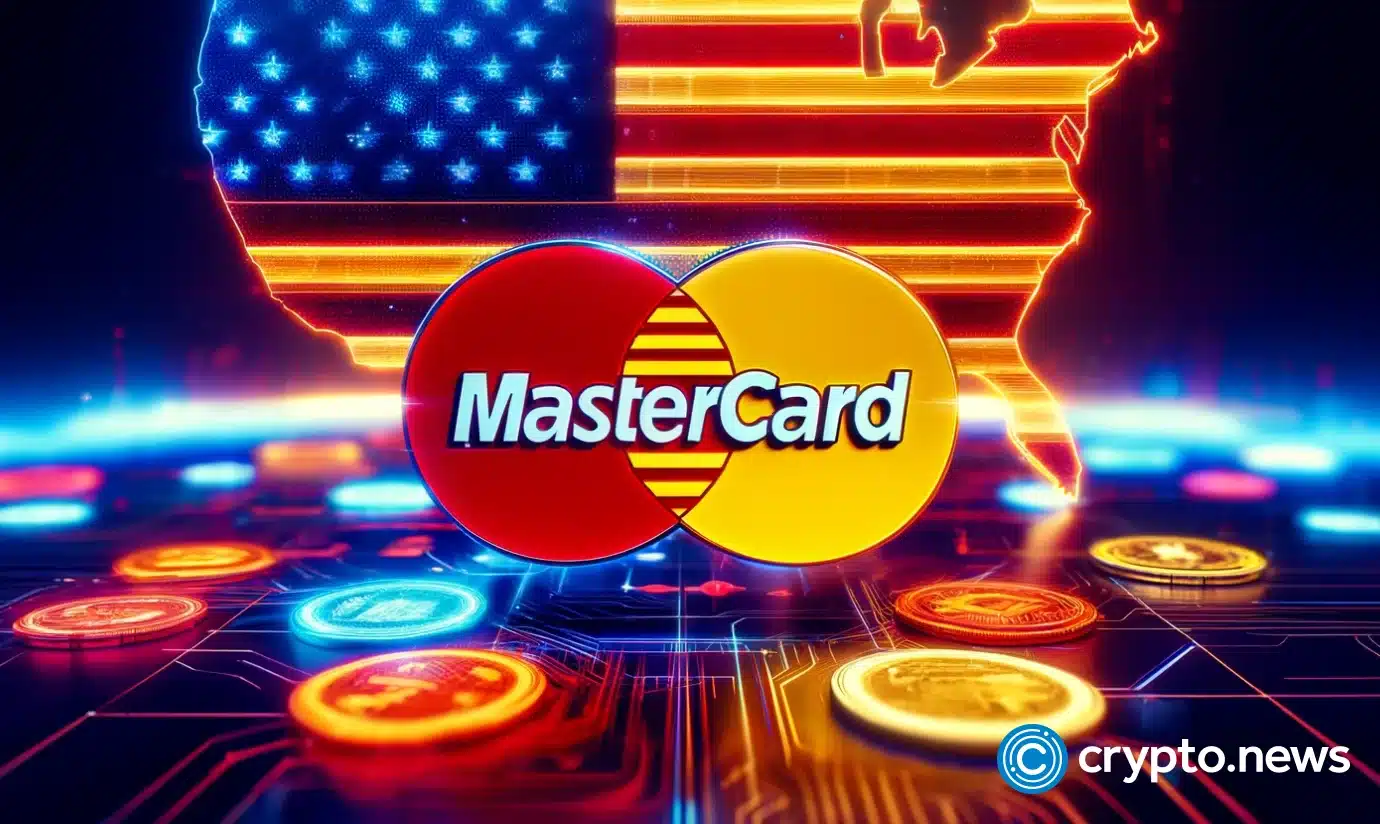
Mastercard is joining U.S. banking giants to develop distributed ledger technology for banking payments using tokenization.
According to a recent press release, the companies will test a shared ledger technology called the Regulated Settlement Network (RSN). The project aims to increase the efficiency of cross-border payments and reduce the likelihood of errors and fraud.
“As blockchain technology continues to mature, it will be critical for public and private organizations to partner closely to explore how it can be applied to solve for real-world pain points and improve efficiencies.”
Raj Dhamodharan, Executive Vice President, Blockchain and Digital Assets at Mastercard
Ten banking giants are participating in testing the new technology: Citi, JPMorgan, Mastercard, Swift, TD Bank, U.S. Bank, USDF, Wells Fargo, Visa, and Zions Bancorp.
Six other project participants will present expertise in this area, including the non-profit MITER Corporation, BNY Mellon, Broadridge, DTCC, ISDA, and Tassat Group.
The technology allows for the collective settlement of tokenized assets such as Treasury bonds, investment-grade debt instruments, and commercial bank money. Unlike currently existing technologies, RSN allows settlement on a single platform by converting various assets into tokens and placing them on a distributed ledger.
Mastercard has long established itself as an important player in the development of blockchain technologies. In March, the multichain wallet MetaMask began testing an on-chain card integrated with the Mastercard network.
The project united two giants in respective fields: a crypto wallet with an audience exceeding 30 million active users per month and a traditional financial payment system, credit and debit cards used worldwide.